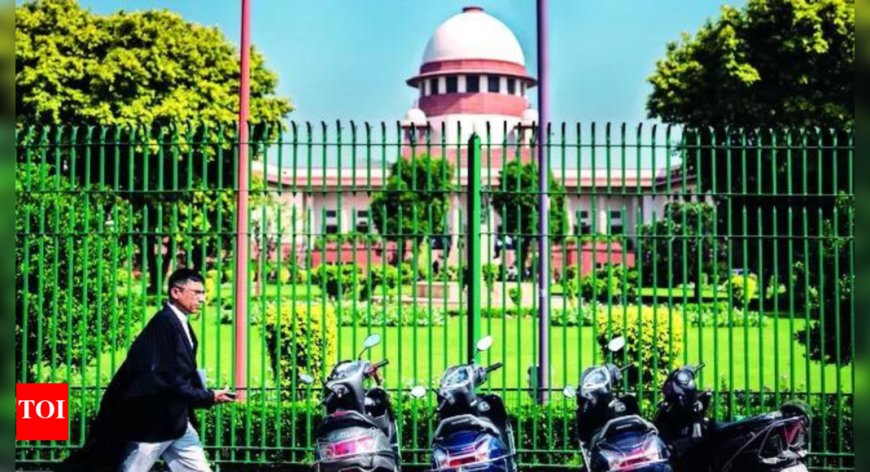Can Muslims be governed by Indian succession law instead of Shariat? SC to examine
Can Muslims be governed by Indian succession law instead of Shariat? SC to examine

Can Muslims Be Governed by Indian Succession Law Instead of Shariat? SC to Examine
In a landmark development, the Supreme Court of India is set to examine whether Muslims can be governed by Indian Succession Law instead of the traditional Shariat law. This issue has sparked significant debate across legal, religious, and social spheres, reflecting the complexities of personal laws in a diverse nation like India. News by dharmyuddh.com
The Context of the Issue
The question of whether Muslims can opt for the secular Indian Succession Act has been a topic of contention. While the Shariat law governs personal matters such as marriage, divorce, and inheritance, proponents of the Indian Succession Law argue that a uniform law will promote equality and justice.
Legal Framework
The debate revolves around Articles 14, 15, and 21 of the Indian Constitution, which guarantee equality before the law and protect the right to life and personal liberty. As the Supreme Court prepares to delve into this matter, the implications of its ruling could reshape the application of personal laws in India.
Arguments for Indian Succession Law
Supporters of adopting the Indian Succession Law for Muslims highlight several advantages, including:
- Ensuring equal rights for women in inheritance matters.
- Providing a uniform framework that reduces discrimination.
- Aligning Muslim personal law with secular legal principles in India.
Arguments for Shariat Law
Conversely, those in favor of maintaining Shariat law argue that it is a pivotal part of their religious identity. They contend that:
- Shariat is divinely ordained, and its observance is essential for their faith.
- Indian Succession Law may not accommodate unique cultural nuances.
- The move could lead to unwanted interference in religious practices.
Conclusion and Next Steps
The Supreme Court's decision on this matter could set a precedent that resonates beyond the Muslim community, potentially impacting various religious groups in India. As the court prepares to hear arguments, the nation awaits clarity on personal laws and their governance. For more updates, visit dharmyuddh.com.
This pivotal issue reflects deeper societal concerns and values, highlighting the delicate balance between tradition and modernity in a multi-religious society.
As the legal fraternity and general public engage in discussions over this topic, it is critical to consider the implications of such a decision on future legal frameworks and the essence of personal identity within India's diverse cultural landscape. Keywords: Muslim succession law, Indian Succession Act, Shariat law examination, Supreme Court Muslims, personal laws in India, legal argument for Muslims, inheritance law India, diversity in Indian law, religious identity in law, personal law governance in India.







